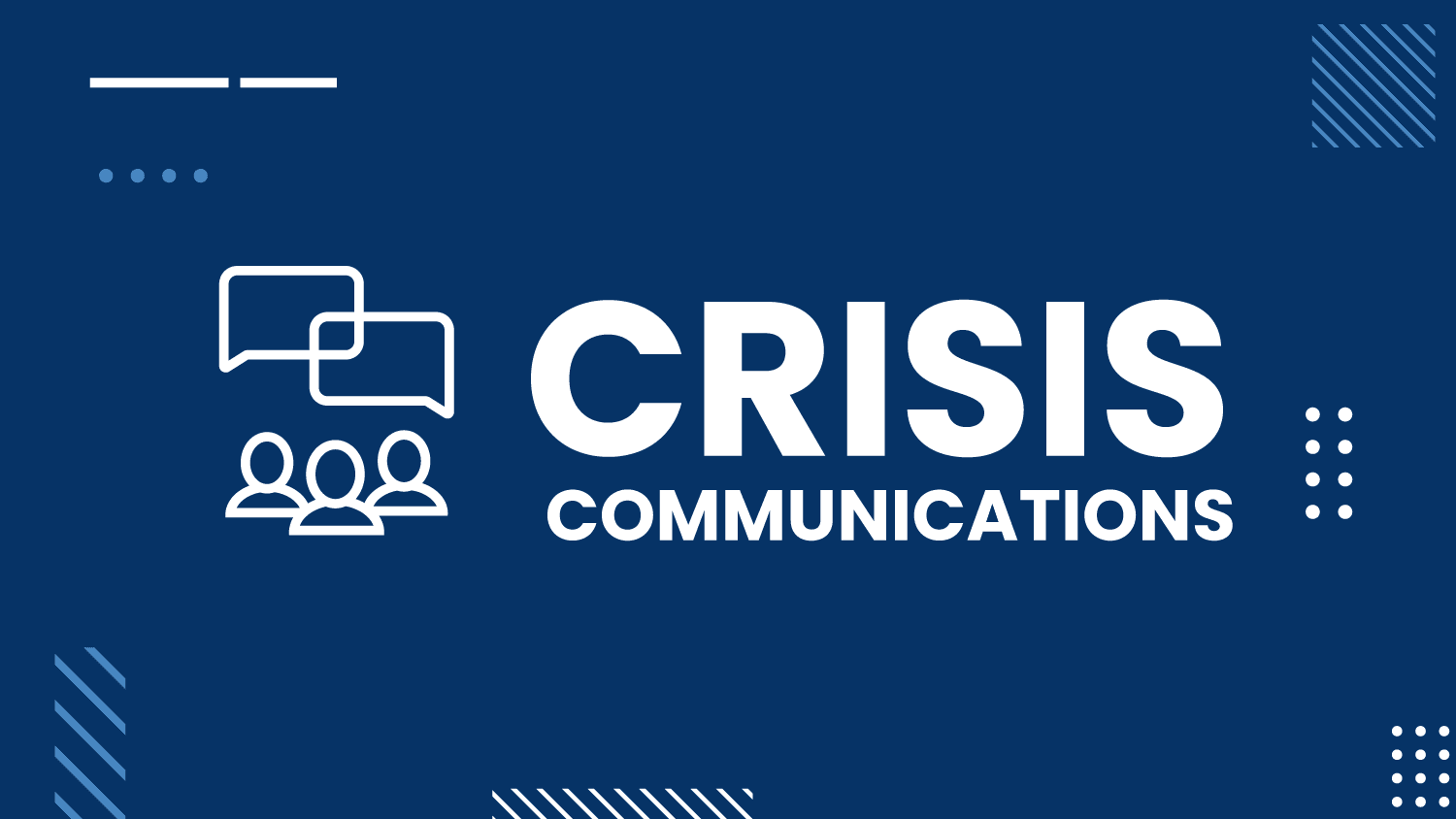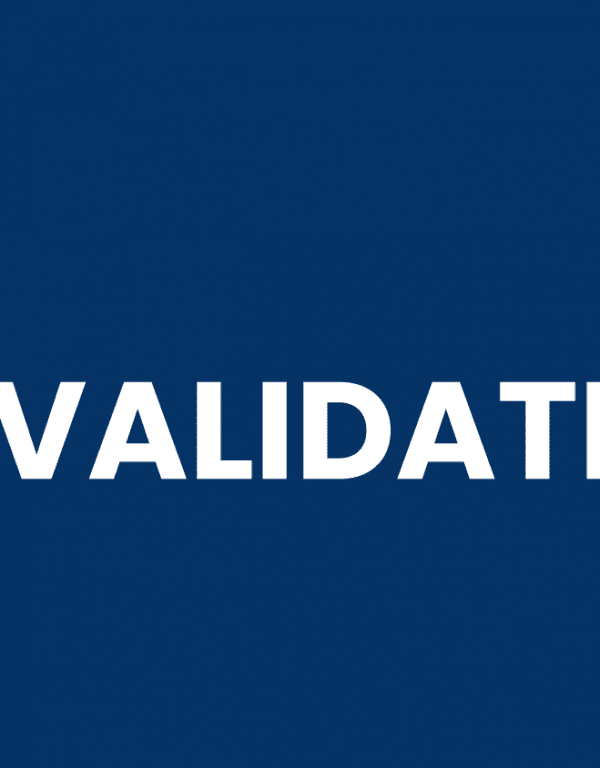
This week, we’ve seen two consumer companies get called out for misleading consumers about the ingredients in their products.
Procter & Gamble was subject of calls to reformulate its Tide Free & Gentle (fragrance free) and Tide Original Scent because they included low levels of a 1,4 dioxane, a possible carcinogen. And Kashi was booted off the shelf of an organic food store because the owner found Kashi uses genetically engineered, non-organic ingredients.
Both companies issued non-apologies that stated they did not break laws of do anything wrong.
Legally, that seems to be correct. But both brands have a responsibility to their consumers that go above “not breaking the law” — and that is to make sure their ingredients live up to its marketing.
This is more of a challenge in an age of social media, where this kind of information can spread quickly. Transparency when it comes to ingredients is important given the trend that public health advocates are looking at the formulations of products Americans use to see if the products are natural, if that’s the claim, or might harm users.
Knowing that, companies like P&G, J&J and others should get out in front, start evaluating and reformulating their products. The fact is they’re going to reformulate their products — P&G did so with its Herbal Essences line last year and J&J is going through with its reformulation of Baby Shampoo despite initial response that it wouldn’t do so.
The point is these companies should get ahead of the issue — even highlight being proactive in weeding out problematic ingredients. But for some reason they’re not doing so. They’re risking controversy that they can avoid. True, some consumer don’t care, but committed “natural” consumers do care, and it makes no sense to alienate these consumers. And, to be clear, the alienation happens twice: once because of the ingredients and again because of non-apologies that don’t address the consumers’ concerns.



